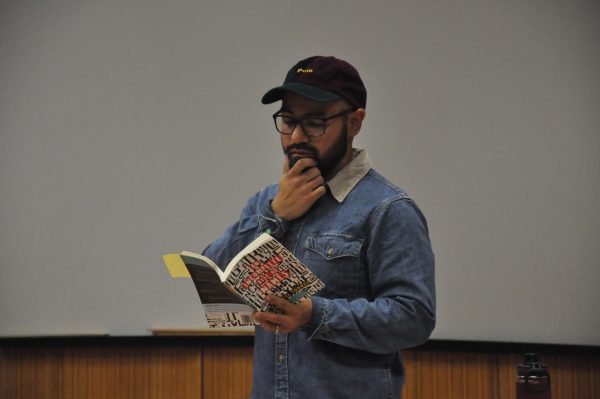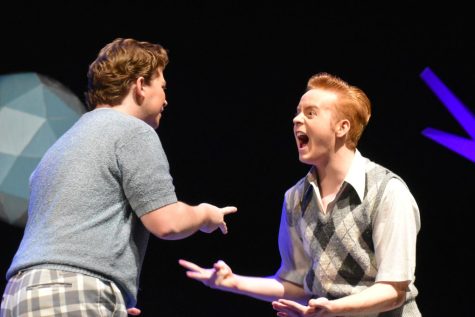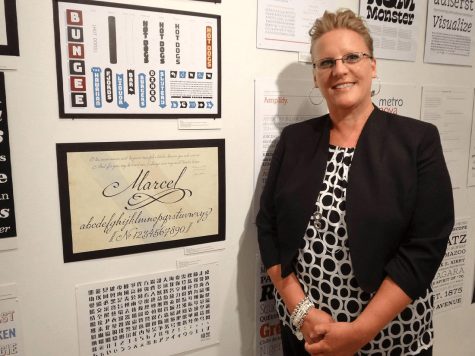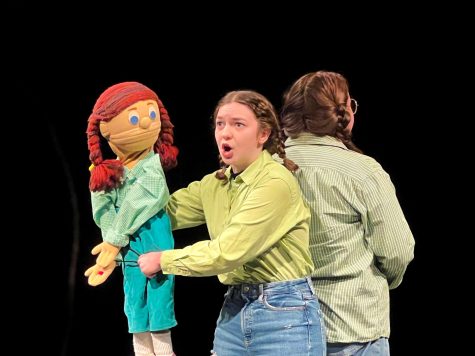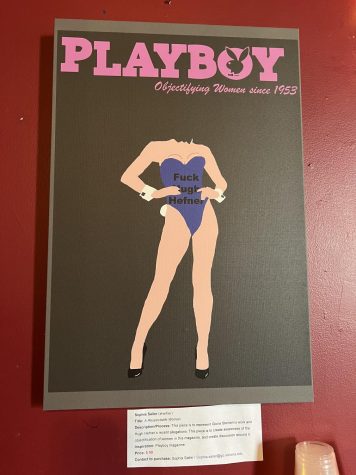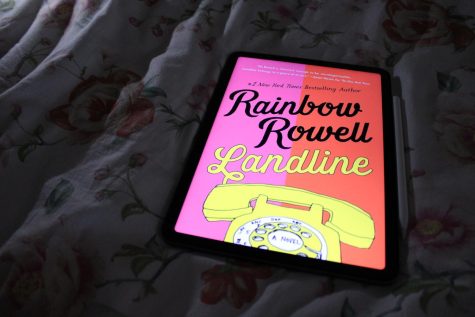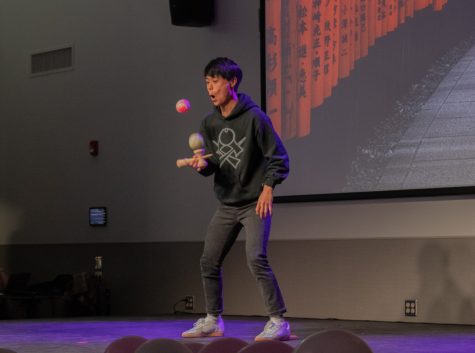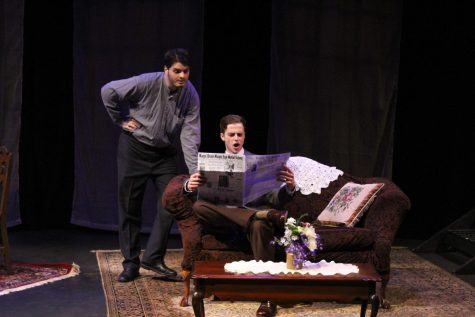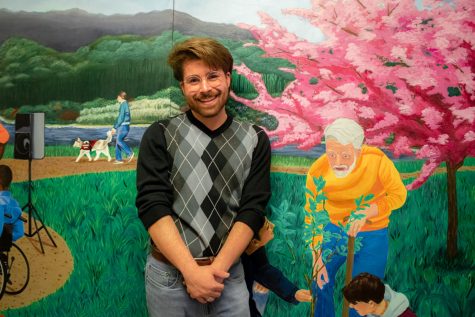Garofalo’s work honored fiction and non-fiction pieces

March 25, 2020
For the fifth year, Winona State University’s English department presented the Winona Prize in Creative Writing and awarded Nicole Tompos for poetry and Dahlia Garofalo for both fiction and non-fiction.
Dahlia Garofalo, a senior English major with a minor in sustainability, had the winning pieces for the fiction and non-fiction categories. Garofalo’s fiction story is titled “Bachelor Buttons” and her non-fiction essay is called “The Rodent Lovers”.
“The Rodent Lovers” explores a group of people who love rodents. Garofalo chose to write about this specific group of people because she grew up having rodents as pets and wanted to share some of her thoughts and opinions on the topic.
“It has always made me really sad that people hate rodents and that people have a lot of stigma against the rodents, but they also have a lot of stigma against people who have rodents,” Gorafalo said.
Gorafalo wrote an essay that breaks down this stigma and delves into the world of understanding these complex ideas of love and acceptance of some animals as pets but not others.
“I wanted to expand upon what this actually means in our society when we say that it’s okay to love a dog but it’s not okay to love a rat and it and it creates this hierarchy of love,” Garofalo said.
Garofalo’s fiction piece, “Bachelor Buttons”, is about a girl who loses her mom to cancer, and then follows in her mother’s footsteps of trying to take care of her garden as a form of healing.
It also touches on the struggle the husband endures with the loss of his wife and then the reconnection the daughter and father make throughout their healing process.
“I think on a subconscious level, it was also trying to explore myself through this narrator of hypothetically surviving without my mom,” Garofalo said. “There’s been a really long period of my life where my mom was my only safe person and I think that’s where this codependence kind of started.”
Aside from her close connection to her mother, Garofalo touched on her struggle connecting to with her father.]
“My dad and I are just starting to connect, he has been pretty emotionally absent my entire life, so I think it was also this kind of like trying to explore tentatively getting reacquainted with my own dad,” Garofalo said.
Garofalo talked about her experience starting out writing and how she discovered her interest in writing.
“As I got into late middle school and high school, writing became this form of control,” Garofalo said. “At this age you have no control over your life, your parents, teachers, coaches and everyone else tells you what to do, and then all of a sudden I discovered this thing that I had complete control over I could build an entire world I could make characters do whatever I want.”
These experiences helped Garofalo to start her writing.
“It was just this form of being able to have agency over my own life through these characters, so I think it’s kind of a big part of how my storytelling developed into actual writing,” Garofalo said.
Elizabeth Oness, an English professor at Winona State, talked about where many people’s writing content comes from.
“People are at a point in their lives where they’re working out a lot of things for themselves. I don’t really know anybody who has emerged into this world perfect and with a perfect family or zero conflict and just moves through the life like Superman,” Oness said.
Garofalo states that there are three significant moments that have brought her to where she is today in her life and in her writing.
Garofalo was going to come to Winona State as a nursing major but soon realized this was not the path she wanted to follow.
After her first tour of campus and the nursing department, Garofalo recalls a turning point in her life when she burst into tears told her mom nursing just did not feel right and she only wanted to write.
“I specifically remember she looked at me and there was this silence and she just said, ‘so write’ and it was suddenly this wakeup call that was coming back to my authentic self but it was just so simple and it’s so right,” Garofalo said.
Another significant moment in her writing Garofalo recalls is her struggle with mental health and PTSD from being sexually abused.
“I have written stories about people who have been sexually abused and have worked through that and found their own significance in that and that’s helped me find my own significance,” Garofalo said.
Garofalo writes not only for herself, but also for those who read her essays, stories, and pieces of work.
“It gives me a lot of purpose to think that if someone reads my story, and they were sexually abused and found significance, and were able to find themselves in that story can be able to find the beauty in them surviving their own abuse from my story,” Garofalo said.
Garofalo’s third significant moment that have brought her to where she is today in her life and in her writing was being diagnosed with a rare autoimmune disorder.
“I think that really woke me up to the fact that we are never promised any amount of years so I just don’t want to waste even 10 minutes doing something that’s not authentic to myself, and that doesn’t align with what I want to do with my life,” Garofalo said.
The opinions expressed in this paper are not necessarily those of Winona State University, the Minnesota State Colleges and University system, or the Winona State University student body.




























































